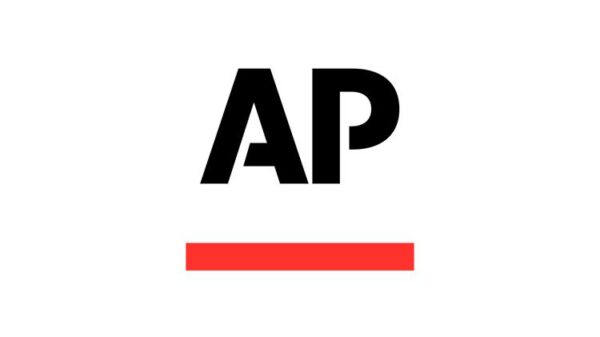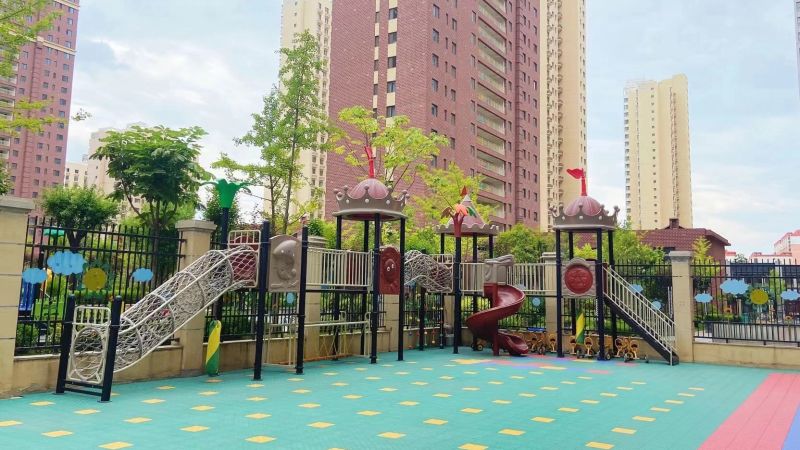A recent investigation into lead poisoning at a kindergarten in northwestern China has unveiled significant public distrust towards local authorities. The probe found that over 200 students from the Heshi Peixin Kindergarten in Tianshui, located in Gansu Province, had elevated blood lead levels. The local government announced earlier this week that eight individuals, including the kindergarten’s principal, have been detained in connection with the case.
Authorities determined that the lead exposure occurred when kitchen staff utilized inedible paint containing the toxic substance as food coloring. This revelation has reignited concerns about food and environmental safety in a country frequently beset by similar scandals. While the situation has generated outrage, it has also become a focal point for skepticism regarding the official narrative, reflecting a broader pattern of mistrust in government communications.
The investigation comes on the heels of previous public health crises, such as the initial outbreak of COVID-19 in Wuhan, where local authorities suppressed information that could have been vital for public awareness. Many citizens are now questioning the validity of government findings related to the kindergarten incident, particularly the lack of transparency in the reporting process. On social media, users are openly doubting the accuracy of findings from state media, with some posts appearing to be censored in China’s tightly controlled media landscape.
One mother from Tianshui, whose child does not attend the implicated kindergarten, expressed her concerns during a conversation with CNN. “All the parents think food is not the actual source of the lead poisoning,” she said, choosing to remain anonymous due to fears of government retribution. “How are we supposed to know anything? Only the government knows what’s really going on.”
In its report, the local government indicated that the investigation remains ongoing, with officials from the National Health Commission involved in the process. Yet, many parents have taken their children to hospitals outside Tianshui for additional testing. Discrepancies have emerged, particularly between blood lead tests conducted locally and those from hospitals in Xi’an, a neighboring city. The local results were never publicly released, further complicating the situation.
A mother with a child at the kindergarten reported that a local department claimed her child’s blood levels were normal. However, testing at a hospital in Xi’an revealed a concerning 528 micrograms per liter of lead in her child’s blood, classified as “severe lead poisoning” under China’s official guidelines. Reports indicate that 70 children tested in Xi’an showed elevated lead levels, with some exceeding 450 micrograms per liter.
Local authorities stated that they performed sampling investigations at the kindergarten and three affiliated schools, testing food, water, soil, and other resources. Alarmingly, two food samples from the kindergarten, a cake and a corn roll, were found to contain lead levels exceeding 2,000 times the national safety standard. Despite these shocking findings, many parents remain skeptical. One mother told China National Radio, “The children only eat three-color jujube steamed cake and corn sausage rolls once or twice a week. How could they be poisoned so seriously?”
Online discussions about the case have gained considerable attention, and independent blogs investigating the incident have amassed tens of thousands of views. Some users have raised questions about the school’s use of inedible paint for food, speculating why cheaper food coloring was not used instead. Concerns have also been voiced about an edited video released by state media, purportedly showing the use of the toxic coloring in the kindergarten’s kitchen.
The public’s anxiety is compounded by memories of a 2006 lead poisoning scandal in the same district, where over 200 villagers were found to have elevated blood lead levels, and the source of the contamination was never disclosed. Prominent figures in China’s media landscape, such as Hu Xijin, former editor-in-chief of the Global Times, have weighed in on the current situation. On social media, he acknowledged the validity of environmental pollution concerns but urged caution in spreading alarmist narratives. He emphasized the importance of transparency from authorities to rebuild public trust.
Professor Stuart Khan, head of the University of Sydney’s School of Civil Engineering, commented on the blood lead levels reported. He noted that concentrations as high as those indicated typically require exposure over several weeks or months, unless a severe acute poisoning incident occurred. To accurately identify the source of contamination, assessments should be conducted within the broader community and among family members of the affected children.
Lead poisoning has historically been a significant public health issue in China. In 2010, the government allocated special funds to combat heavy metal pollution following multiple high-profile cases that resulted in more than 4,000 individuals having elevated blood lead levels. The current kindergarten crisis has reignited conversations about food safety, environmental health, and the need for greater accountability from authorities. As the investigation unfolds, the residents of Tianshui continue to grapple with the ramifications of this alarming incident.





































































